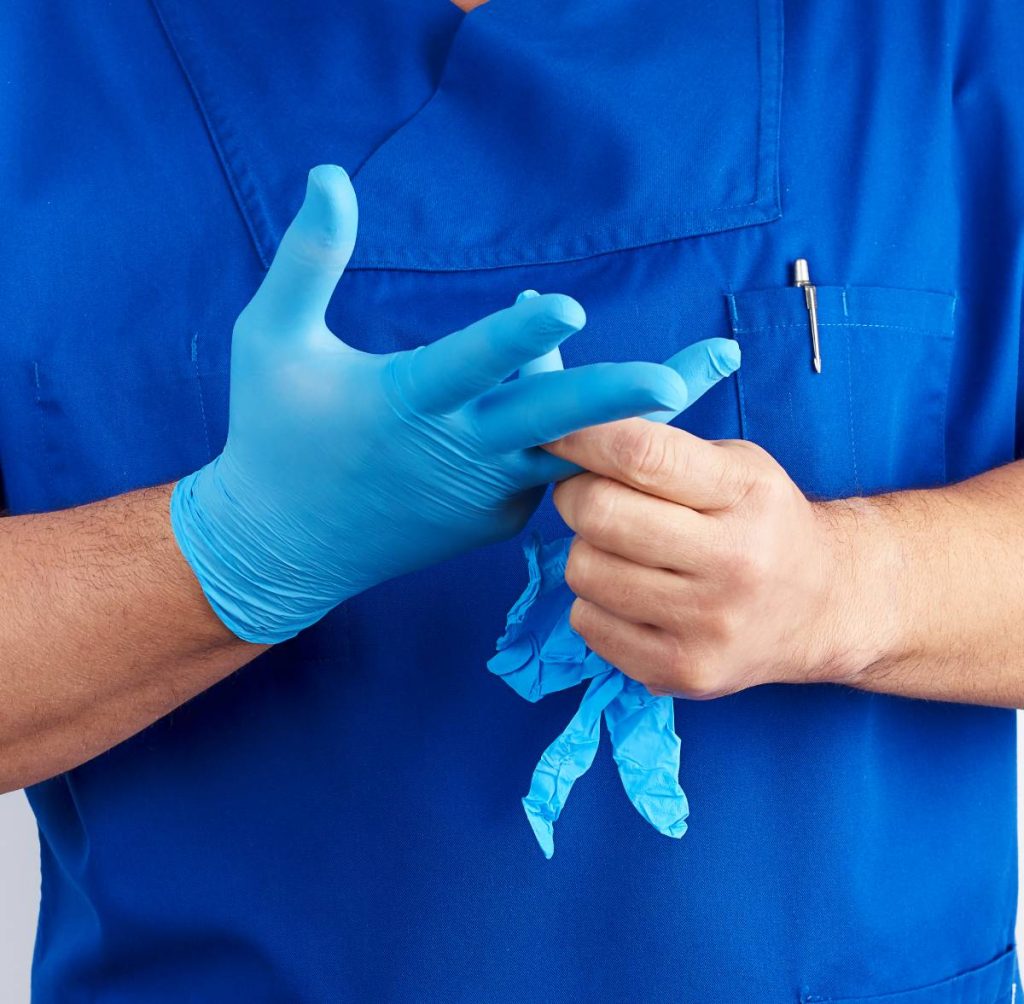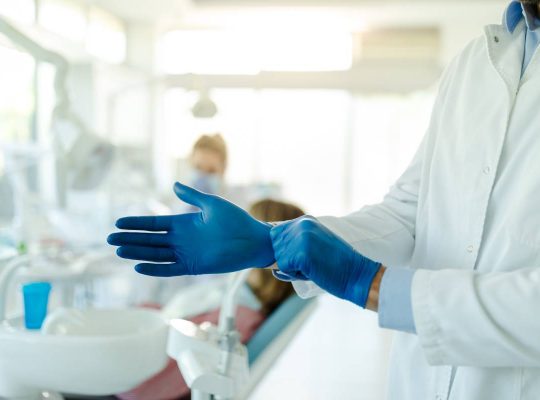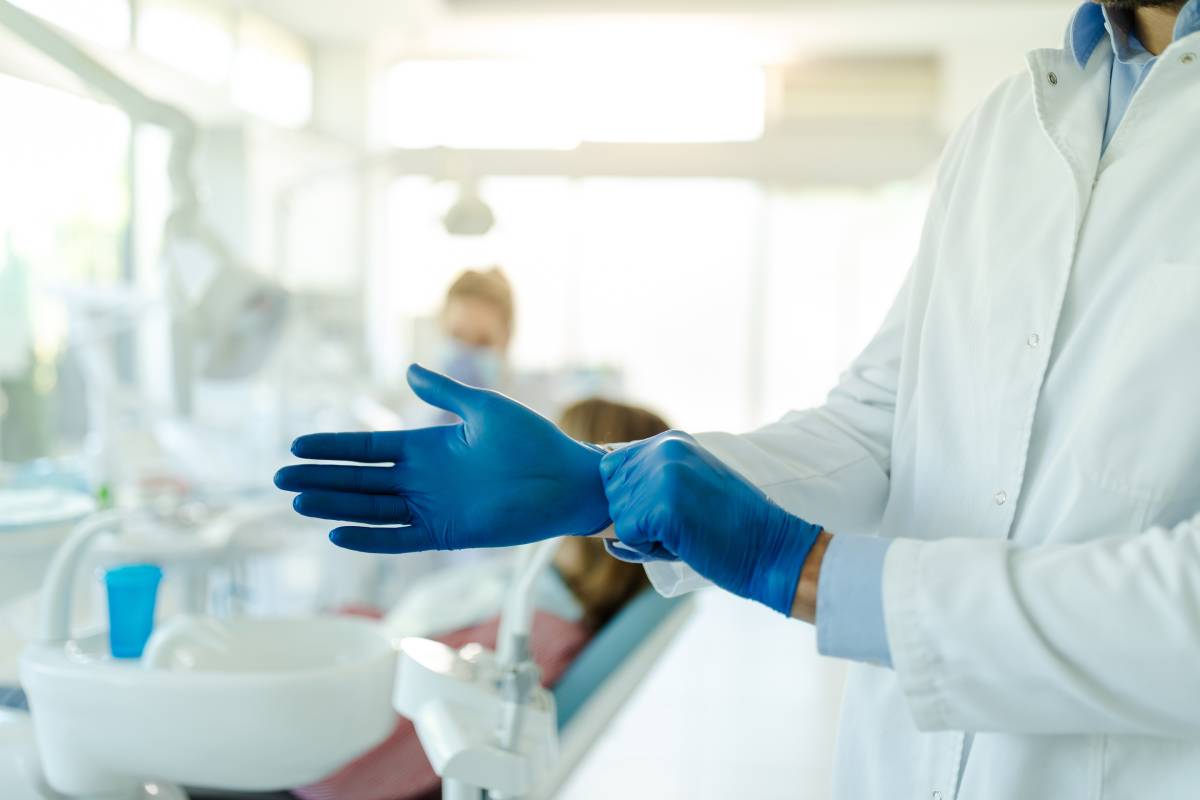The human body is incredibly resilient, often a lot more so than we tend to expect. Its ability to heal is incredible, as is the way in which we grow, but the resistance that our bodies have to damage is something many people will spend a considerable amount of time worrying about.
Although there are a great many things that can damage our bodies, they actually do a very good job of maintaining and repairing whatever damage does occur. There are however, substances that are a lot more effective at causing damage than others, and you really don’t want to challenge your body to resist them.
Acid or alkaline
It tends to be acid that springs to mind when a corrosive substance is mentioned, however there are actually a lot of alkaline compounds that are just as dangerous as acids, if not more so. In both these cases, venturing towards the extremes of the pH scale is incredibly dangerous for our skin but out of the many corrosive substances, most work in similar ways.
The reason that these substances are corrosive is because they contain chemicals that react with the chemical composition of our bodies, resulting in a change in the chemical makeup of whatever it touches, such as our skin. Both acids and alkaline substances are capable of this and whilst it is not a burn in the sense of heat, these chemical burns can be horrific and even fatal depending on the exposure and coverage.

Chain reaction
To focus on one of the many variations, there are a group of acids called Brønsted-Lowry acids which contain an extra proton that they really want to donate to another element. This comes from the hydrogen component as hydrogen contains one proton and is the single most abundant element in the universe.
When Brønsted-Lowry acids come into contact with a substance that is happy to receive an extra proton, which a lot of organic matter is, they cause a chemical reaction that bonds the spare proton into an existing chemical chain, causing a break and subsequently a pair of weaker chains.
This process en-masse is the acid dissolving the skin or other substance it comes into contact with by breaking it down on a chemical level, not burning it off.
Plastic fantastic
Most plastics are completely stable and will not react with anything, even acids; this means that it is possible to produce a range of protective equipment from plastics. This coupled with rubbers and other less reactive materials mean that a range of wearable protection, such as gloves, are also available.
The problem arises when you are working with different substances as you will need to know if your protective wear is capable of withstanding it. Fortunately, any good retailer, will ensure that their products are clearly marked and explain fully what they are capable of resisting.
This information, along with proper handling of corrosive substances, should provide more than enough protection to allow these potentially highly dangerous chemicals to be worked with; which is fortunate as the applications for acids and other corrosive substances is significant.






